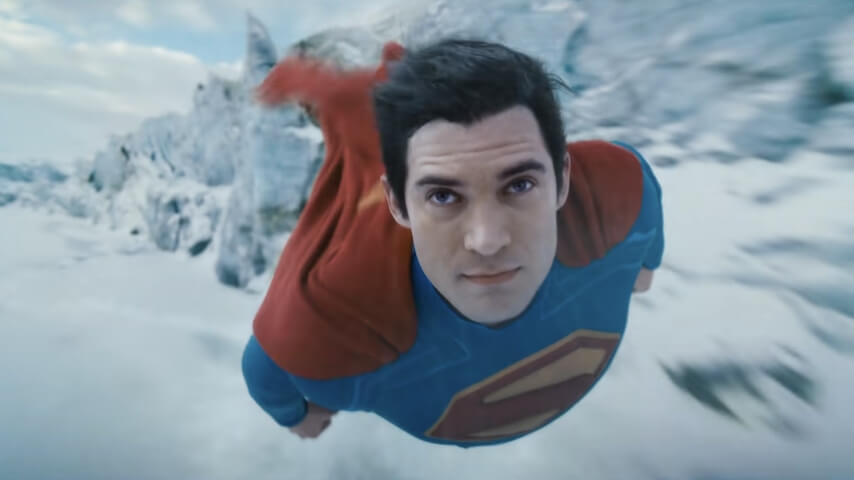If you’ve tried to look up the trailer for pretty much any movie in the past year or so, you’ve probably noticed a growing epidemic choking out Google and YouTube’s increasingly ineffective search functions. As a part of the internet’s growing enshittification, fake, AI-assisted trailers are now often more accessible than real ones. If you look up the new Superman movie for example, you’ll see one right there as the singular recommended video in Google’s overview section—one that, mind-numbingly, describes itself as “Trailer 3.” (That channel, Screen Culture, has actually produced more than five fake trailers for Superman alone.) Superman does have an official teaser from DC, but you might never guess if you didn’t know to look deeper. Worse, those fake trailers aren’t going away any time soon.
A new report from Deadline suggests that “a handful of Hollywood studios” have chosen to profit off of those fake trailers rather than fight them on the grounds of copyright infringement. According to emails reviewed by the outlet, Warner Bros. claimed monetization on AI-assisted trailers for both Superman and House Of The Dragon, meaning the studio has requested that YouTube ensures it receives ad revenue from the often millions of views on those videos. Sony similarly claimed monetization on fake Spider-Man and Kraven The Hunter trailers, while Paramount did so for Gladiator II. All three studios declined to comment on Deadline‘s story.
This isn’t the first time studios have been oddly lackadaisical about their approach to blatant piracy in recent months. Clips of Wicked taken from inside the theater stayed up on TikTok for weeks, long before the movie was available on digital. According to Variety, some Hollywood higher-ups believe that this kind of over-exposure actually encourages young people to buy a ticket, which may have contributed to some of the philosophy behind the monetization decision as well.
SAG-AFTRA, meanwhile, strongly condemned Deadline‘s finding. “Just as SAG-AFTRA is aggressively bargaining contract terms and creating laws to protect and enforce our members’ voice and likeness rights, we expect our bargaining partners to aggressively enforce their IP from any, and all AI misappropriation,” the guild wrote in a statement. “Monetizing unauthorized, unwanted, and subpar uses of human-centered IP is a race to the bottom. It incentivizes technology companies and short-term gains at the expense of lasting human creative endeavor.” We’ll see what sort of impact—if any—all those fake Superman trailers had on the film’s box office when it opens this July.



















![HBO teases new Euphoria, Larry David, and much more in 2026 sizzle reel [Updated]](https://img.pastemagazine.com/wp-content/avuploads/2025/12/12100344/MixCollage-12-Dec-2025-09-56-AM-9137.jpg)





















